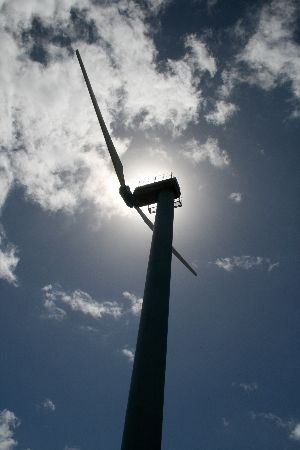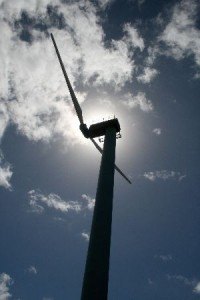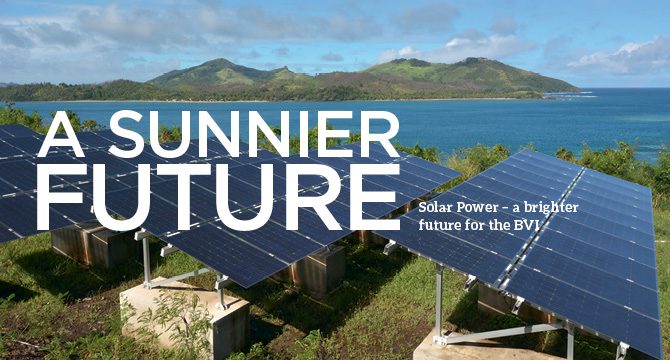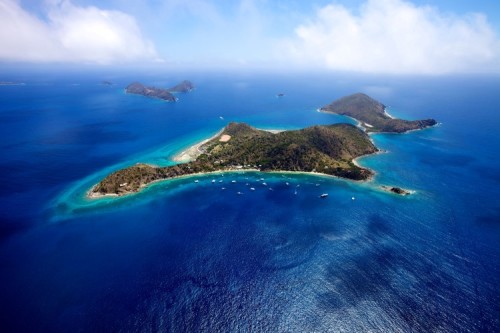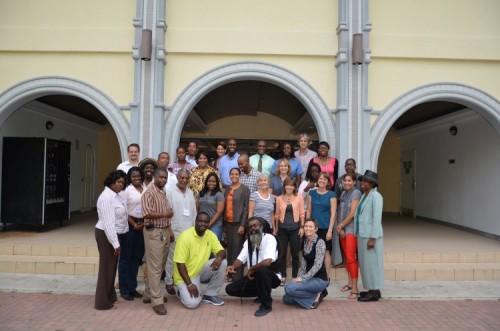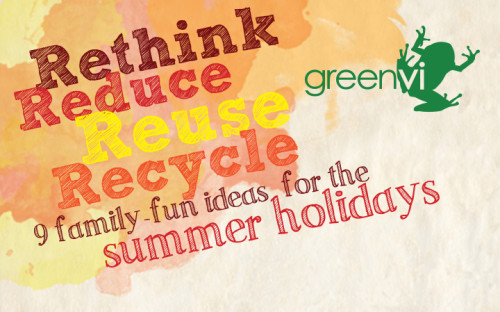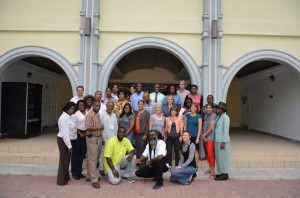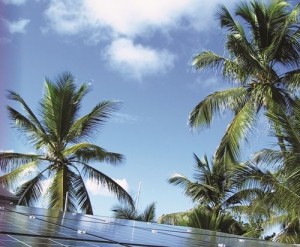BVI’s AES explains the great money saving benefits of sustainable energy…
Kermit the Frog so famously sang, “It ain’t easy being green.” And during the time the famed amphibian croaked those words, it really wasn’t easy being green—eco-friendly green, that is. But today, economic trends suggest that Kermit should be composing a new tune.
Progressive information today supports the use of renewable energy as a smart economical choice, heeding gains for both the pocketbook and the environment. Previously, renewable energy solutions were perceived as a potentially expensive alternative to fossil fuels, but today, the textbook answer to energy savings emerges from our abundant natural resources surrounding us.
Here in the BVI, it is sometimes conceived that we’re regurgitating identical issues, with restrictive legislation hindering the widespread use of alternative energy sources. However, as we advance into sustainability-conscious times, the solutions to economic and environmental woes have unified. Currently, we’re now able to conserve cash, develop economic stability, create numerous employment opportunities, and improve stature in international trade through renewable energy ventures. Unfortunately, we’re just not following through.
The BVI places incredible dependency on oil for its energy necessities. Jacco Bos, Managing Director of Alternative Energy Systems (AES), a company committed to providing renewable energy solutions, continues to strive toward a BVI founded in sustainable energy.
According to a recent presentation by the Energy Committee in Trinidad and Tobago, Trinidad’s oil production peaked in 1977 and has been declining since that time. Bos used this example of our Caribbean neighbours as a point of reference for declining resources worldwide.
The AES front man clarified that the traditional supply and demand economic model paints a transparent truth. “We see the BRIC economies—Brazil, Russia, India, China—all growing; they have a greater and greater demand
for energy,” he said. “Oil is still the largest supplier of energy worldwide. So we see increased demand and we see plateaued production at this point. The plateau simply precedes the decline.”
The inverse proportion relationship between decline in global oil supply and the BVI’s rise in energy prices is explicitly imposed on residents, who are feeling the impact on their electricity bills.
Dana Miller, AES Director of Operations, expressed concern about the BVI’s reliance on oil. “All it would take is for the diesel boat supply to dwindle and the BVI industry would be heavily affected,” he said in relation to tourism, government operations, international financial obligations and our basic human needs. “If they were on an independent, renewable source of energy, that would not be an issue.”
Balancing the scales, alternative energy sources—solar, wind, hydropower—have become increasingly cost effective. “What we’re seeing is a continued decline in solar pricing. Over the last four years, we have seen a 60 – 70% reduction in cost on solar panels,” Bos said. “The economics are really starting to make sense for renewable energy over long term.”
Bos explained that the transition from traditional energy use—namely oil to renewable sources—needs to occur now, as it will be an obligation in the near future. The BVI possesses an international economic opportunity. Enjoying an ideal climate for solar and wind power, the territory could emerge as a leader in the Caribbean on island grid integration of renewables.
With all of these ideas in play, the local economy could be stimulated by a growth in the renewable energy industry, fresh employment opportunities and lower electric bills, he added. “You will see a growing number of technical jobs locally. Building a pool of technically skilled people who are needed to meet demand throughout Caribbean islands,” he suggested, adding that the BVI also could become a sought-after eco-tourism destination.
[responsive_youtube LQxp6QTjgJg]
Looking at the future, independent companies like AES are pushing forward with their message. AES has started a renewable energy club for students at HLSCC and are organizing visits to sites where renewable energy is operational. Students like 19-year-old Adrino Richards are learning green engineering skills for the future. “We need to switch to renewable energy—solar and wind to help us transition into the era of the state of energy in our world,” Richards said.
For those living on the BVIEC grid, current legislation prohibits the use of renewable energy as a primary source of power, but projects on sister islands like Moskito, Necker, Cooper and Peter have become shining examples of how renewable energies like solar and wind can be harvested.
[one_half]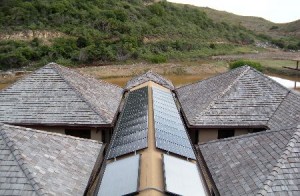
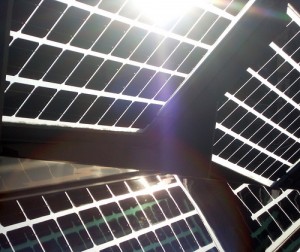
Christopher Potgieter, director of Island Engineering for Peter Island Resort & Spa, is satisfied with their contribution to carbon reduction as well as the economic benefits received from their renewable energy initiatives. “There are initial capital costs but these do pay down in single digit years, especially at the current cost of $.43 per kilowatt per hour or $4.00 a gallon of fuel,” he said of their decision to install wind turbines on the island, adding “Peter Island’s energy cost is less than Tortola due to the wind turbine interaction and…we saved over 20% just in diesel costs in 2012.”
The renewable energy benefits are also exemplified at Scotiabank. Olanzo Boynes, Senior Operations Officer for Scotiabank BVI Ltd said “Using renewable energy via solar power is essential to the continued functionality of Scotiabank and is required on Tortola to maintain business as our local electricity provider goes down at times. AES level of Customer Service, professionalism and knowledge ensures that operations continue for Scotiabank BVI Ltd.”
Moving forward, Bos said there needs to be significant measures taken to change the current legislation. Government is taking steps to start integration of renewable energy. In particular they are initiating a solar project in Anegada, an important step in the right direction. The next step is legislative initiatives that enabling individual home owners to integrate renewable energy. By doing so the community is able to contribute to change and benefit directly from their investment. Distributed renewable resources developed by the private sector will accelerate the BVI’ transition and enable the community to prosper in the age of declining oil resources.
“Grid tie is low maintenance, there’s no batteries, it’s not complicated…and it’s reducing your electric bill” and dependence on oil.
Continuing, Bos said that boaters could also benefit from solar integration as it extends battery life and reduces generator run time.
Studies suggest that in 100 years, oil reserves will have depleted. If we start today, it could take us the same amount of time to become sustainable through alternative energy sources. So several questions remains: Will necessary strides be taken to ensure our children’s children inherit a healthy planet? Will we be permitted to enjoy a great economy through renewable energy technologies? Will our Government set a legacy by transitioning society to sustainable energy that will last for decades to come?
[ts_fab]
